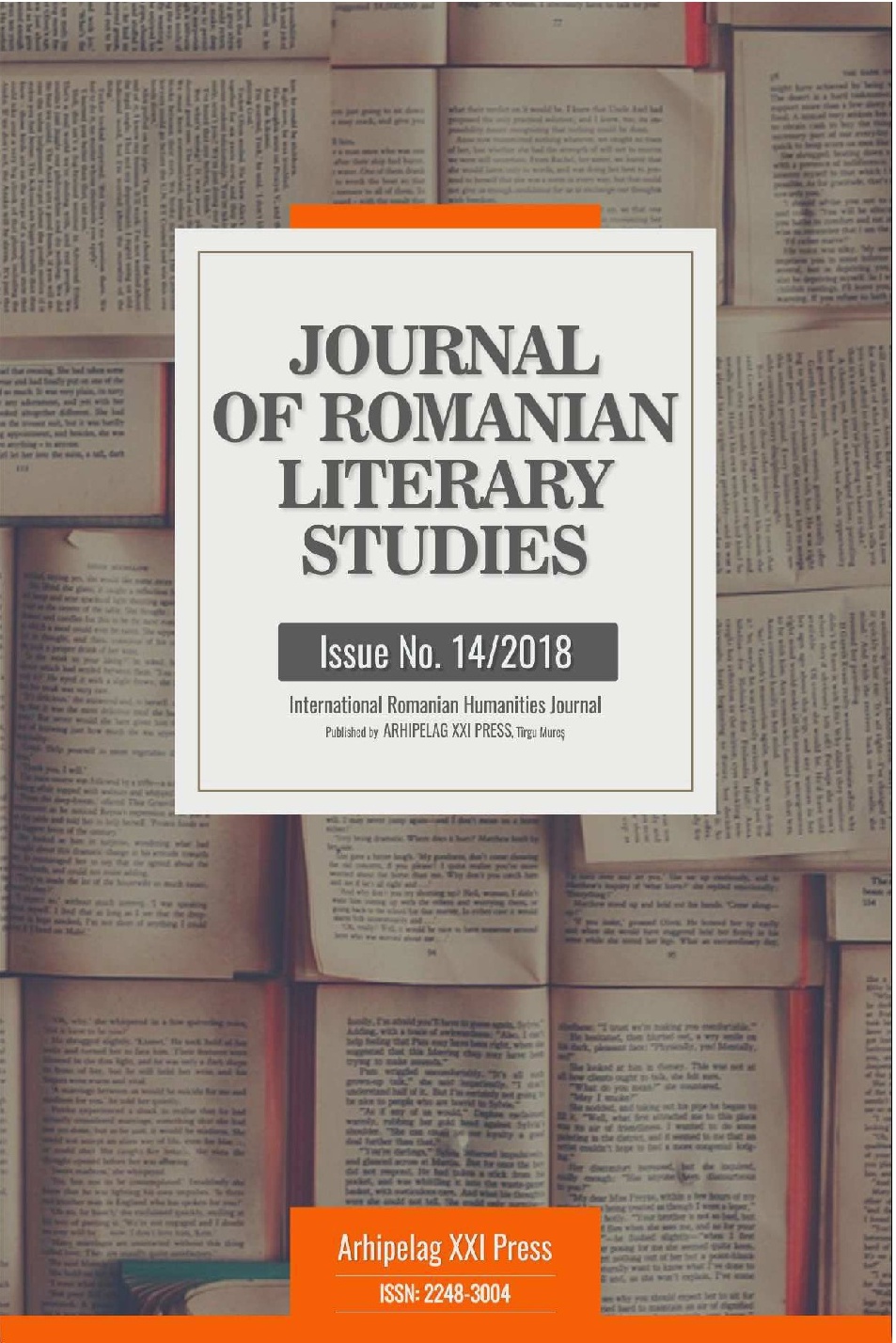THE DEVELOPMENT OF CULTURAL SKILLS IN ROMANIAN AS A FOREIGN LANGUAGE COURSE
THE DEVELOPMENT OF CULTURAL SKILLS IN ROMANIAN AS A FOREIGN LANGUAGE COURSE
Author(s): Adelina Patricia BăilăSubject(s): Language studies, Education, Foreign languages learning, Morphology, Lexis, Sociology of Culture
Published by: Editura Arhipelag XXI
Keywords: intercultural abilities; intercultural dialogue; integration; language-culture-civilization relationship; teaching activities;
Summary/Abstract: The process by which foreign students learn the Romanian language is not made up of just assimilating certain grammatical and lexical structures. Taking into account the purpose for which they choose to learn Romanian - they want to study in Romania, to work or even to settle here with their family - it is important to realize that for them the process of learning the language goes hand in hand with the process of assimilating Romanian civilization and culture. Without these two ingredients, their integration into Romanian society is not possible. As we all have come to know, language is the key which unlocks the culture and civilization of a people or nation but simply knowing the language is not enough. Intricate knowledge is required about the way in which people think, express, live, and are a part of the nation’s microcosmos. Considering that learning and teaching Romanian as a foreign language is an authentic intercultural dialogue and experience, when we communicate, as part of a lesson, we constantly strive to come up with methods of inserting the notions of culture and civilization into language classes, taking into account certain particular aspects such as: a) the learners come from the same country and speak the same native language, b) the students come from different countries and speak different native languages, c) during the learning process of the Romanian language students live in Romania, d) during the learning of the Romanian language, the students do not live in Romania ) e) in addition to the Romanian language course, the students also participate in a course of Romanian culture and civilization, f) the students participate only in a Romanian language course, not in a course of Romanian culture and civilization. In other words, we believe that the development of intercultural abilities takes place concurrently with the emergence of other skills - comprehension, writing, speaking - by equally diverse methods, and its importance should not be ignored.
Journal: Journal of Romanian Literary Studies
- Issue Year: 2018
- Issue No: 14
- Page Range: 585-593
- Page Count: 9
- Language: Romanian

